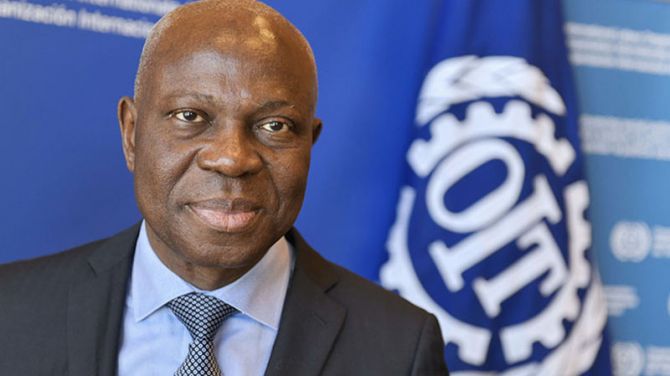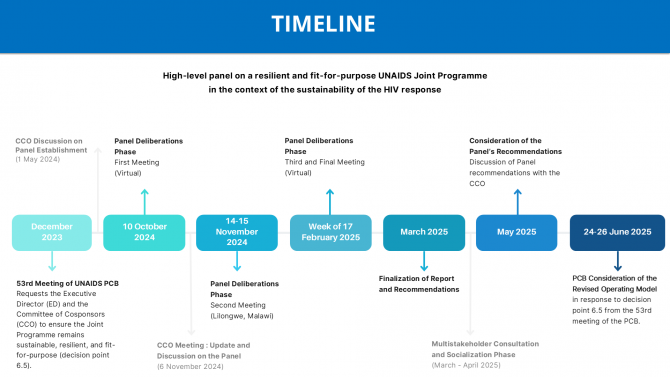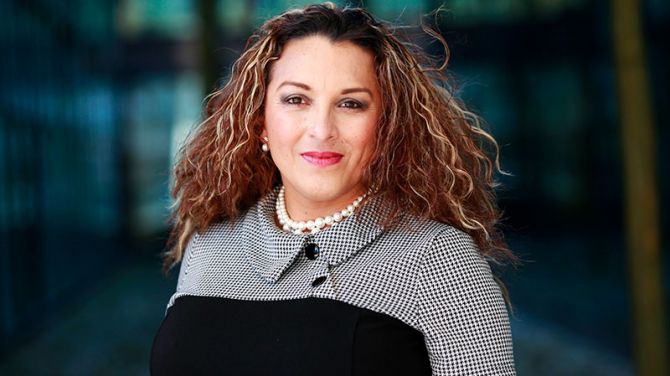
As the world heads towards the 2030 deadline to end AIDS as a public health threat, at a moment of compounding and competing global crises, the global HIV response is at a crossroads. Political commitment and coordinated action over the next six years will be critical to save lives and ensure the decades of investment in the HIV response will yield their full benefit.
Despite significant progress, AIDS claimed a life every minute in 2023, and 9 million people living with HIV were still without treatment. Urgent efforts to reduce new infections and scale up innovative responses are required. Country ownership, strong partnerships and human rights-driven approaches will be key to achieving the 2030 HIV targets as part of advancing the SDGs and sustaining the gains beyond.
At its 53rd meeting in December 2023, the UNAIDS Programme Coordinating Board requested the Executive Director of UNAIDS and the Committee of the Cosponsoring Organizations to continue to ensure that the Joint Programme remains sustainable, resilient and fit-for-purpose.
In response to the request, the Executive Director of UNAIDS and the International Labour Organization Director-General, on behalf of the Committee of Cosponsoring Organizations, co-convened a ‘High-level panel on a resilient and fit-for purpose UNAIDS Joint Programme in the context of the sustainability of the HIV response’.
The Panel was Co-chaired by:
- Erika Castellanos, Executive Director of GATE (Global Action for Trans Equality)
- H.E. Dr Cleopa Kilonzo Mailu, former Cabinet Secretary for Health and former Permanent Representative of Kenya to the United Nations in Geneva
- Dr John Nkengasong, U.S. Global AIDS Coordinator, Senior Bureau Official for Global Health Security and Diplomacy (June 2024 – January 2025)
- Dr Rebecca Bunnell, Principal Deputy Coordinator for PEPFAR, Bureau of Global Health Security and Diplomacy (January 2025 – April 2025)
The Panel, which brought together diverse stakeholders, representing the multisectoral nature of the HIV response, considered the evolution of the HIV pandemic and the global AIDS response, the evolving country needs and priorities, and how to best respond to them. The Panel worked collaboratively in virtual and hybrid meetings between October 2024 and April 2025. The Co-chairs submitted the Panel’s final report to the Co-convenors on 5 May 2025.
Recommendations from the Panel will be reported back to UNAIDS Programme Coordinating Board at its June 2025 meeting.

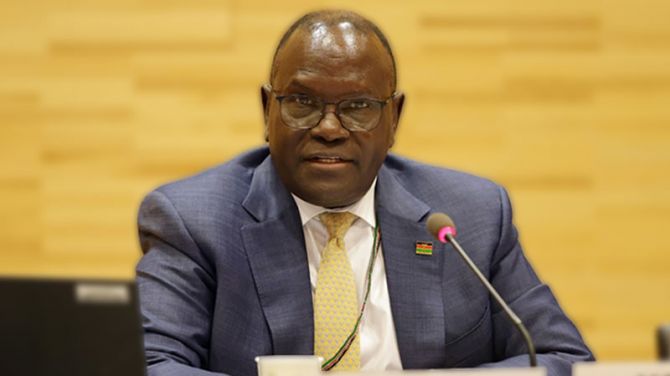
Dr Cleopa Kilonzo Mailu
former Cabinet Secretary for Health and former Permanent Representative of Kenya to the United Nations in Geneva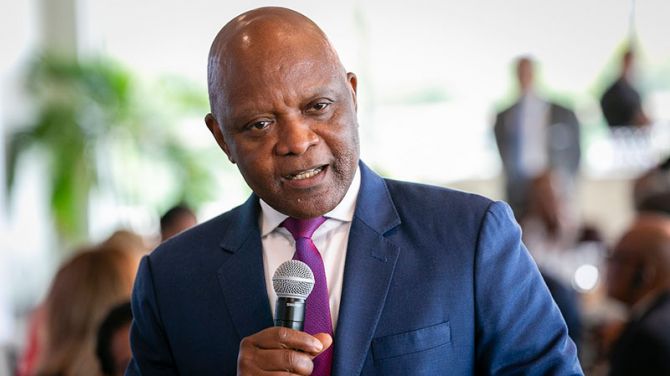
Dr John Nkengasong
US Global AIDS Coordinator, Senior Bureau Official for Global Health Security and Diplomacy (June 2024 – January 2025)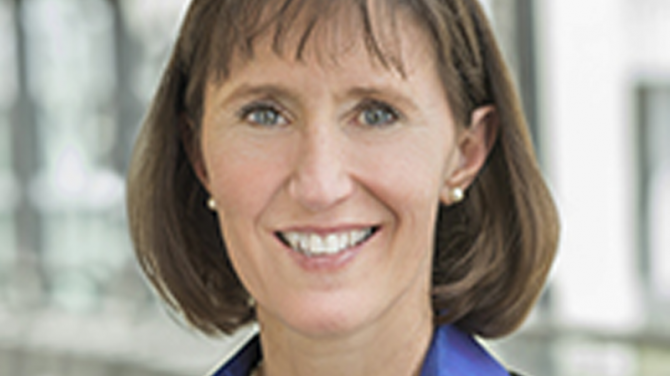
Dr Rebecca Bunnell
Principal Deputy Coordinator for PEPFAR, Bureau of Global Health Security and Diplomacy (January 2025 – April 2025)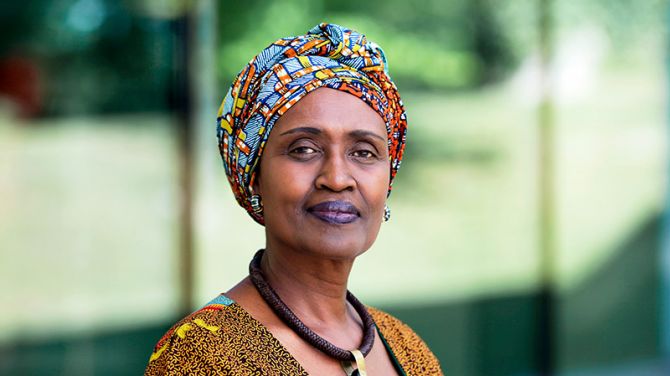
Winnie Byaniyma
UNAIDS Executive Director